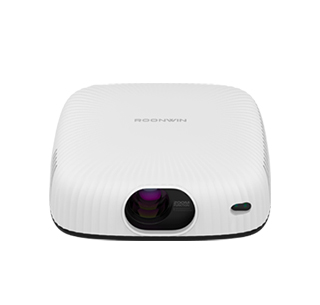
Extending the lifespan of a projector is a priority for both home users and
businesses, as it maximizes the return on investment and minimizes the need for
costly replacements. Projectors are complex devices with multiple
components—including lamps, lenses, cooling systems, and internal
electronics—that degrade over time, but proactive care can significantly slow
this process and keep the device functioning optimally for years.
The projector lamp is often the most critical component affecting lifespan,
as it has a finite operational hours rating (typically 2,000–5,000 hours for
standard lamps, and up to 10,000 hours for LED or laser projectors). To preserve
the lamp, avoid frequent on/off cycles: each time a projector is turned on, the
lamp undergoes thermal stress from rapid heating, and turning it off before it
cools down (per the manufacturer’s guidelines) can cause premature failure.
Using the “eco mode” (if available) reduces lamp brightness slightly but lowers
heat output and power consumption, extending lamp life by 20–30%. Additionally,
never operate the projector in a closed cabinet or cramped space—adequate
airflow around the device prevents the lamp and other components from
overheating, a leading cause of lamp burnout and internal damage.
Dust accumulation is another major threat to projector lifespan. Dust clogs
air filters, blocks cooling vents, and settles on internal components like the
lamp and circuit boards, leading to overheating and reduced performance. Regular
filter cleaning (every 2–4 weeks for high - use environments, such as classrooms
or conference rooms) is essential. Most projectors have easily accessible,
removable filters that can be vacuumed gently or rinsed with lukewarm water (and
fully dried before reinstallation). For deeper cleaning, use compressed air to
blow dust out of vents—avoid using cotton swabs or harsh chemicals, which can
scratch or damage delicate parts.
Proper handling and storage also play a role in extending projector life.
When transporting the device, use a padded carrying case to protect it from
shocks and vibrations, which can misalign internal parts or damage the lens.
Avoid exposing the projector to extreme temperatures (below 5°C or above 35°C)
or high humidity, as these conditions can warp components or cause condensation
inside the device. Finally, keeping the projector’s firmware updated ensures
compatibility with new devices and fixes software - related issues that might
strain hardware over time. By combining these practices, users can significantly
extend their projector’s lifespan, ensuring consistent performance and avoiding
unnecessary replacements.
Read recommendations:
HW40 Home Cinema - HW Series Projector
3500 Lumens High Brightness 350 Projector
Portable 3color laser Projector for Outdoor Use
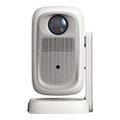
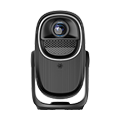



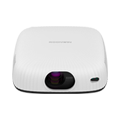
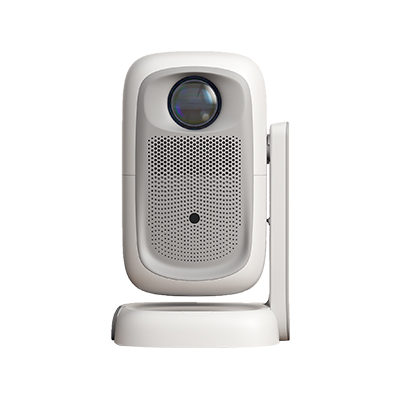
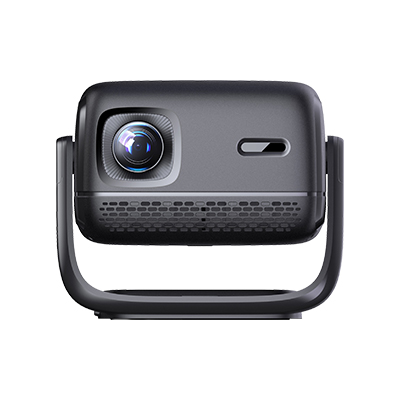
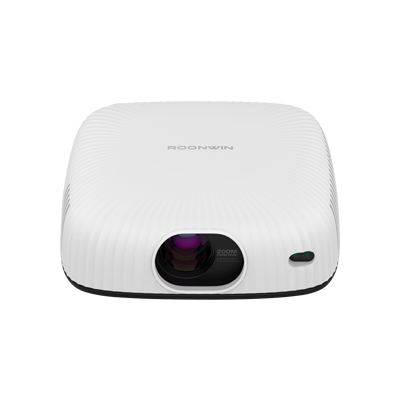









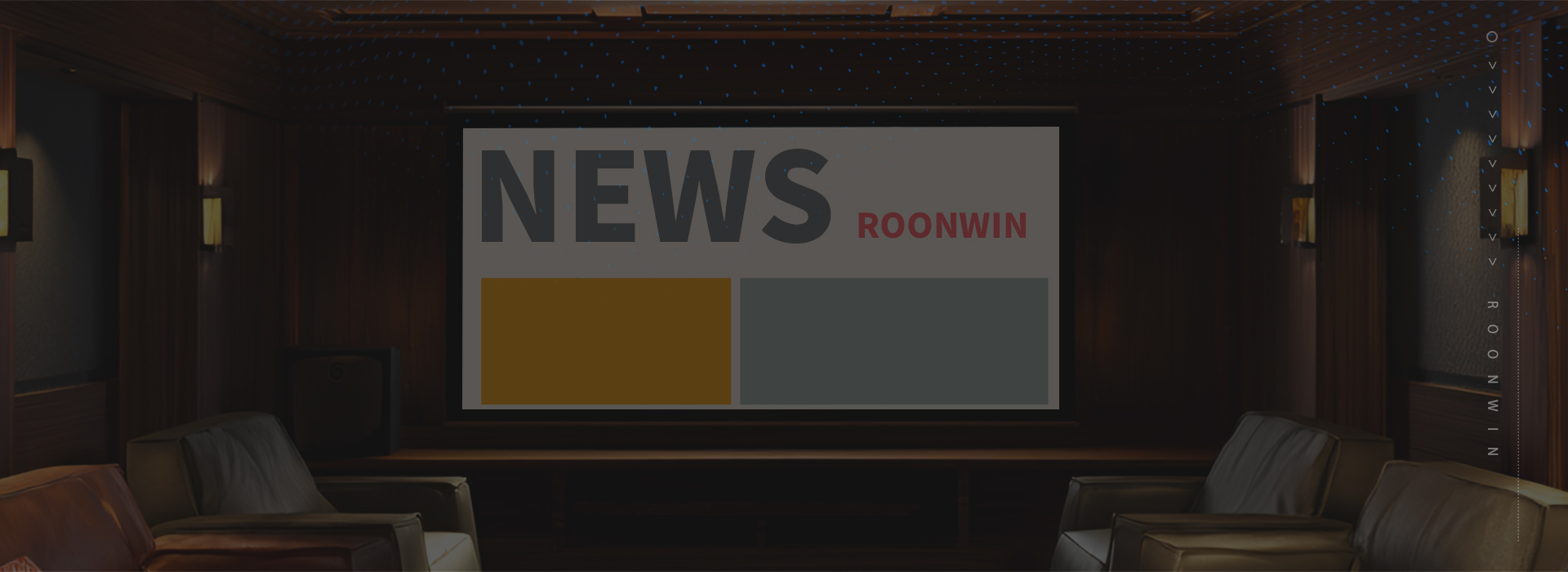

 Reviewed:
Reviewed:











